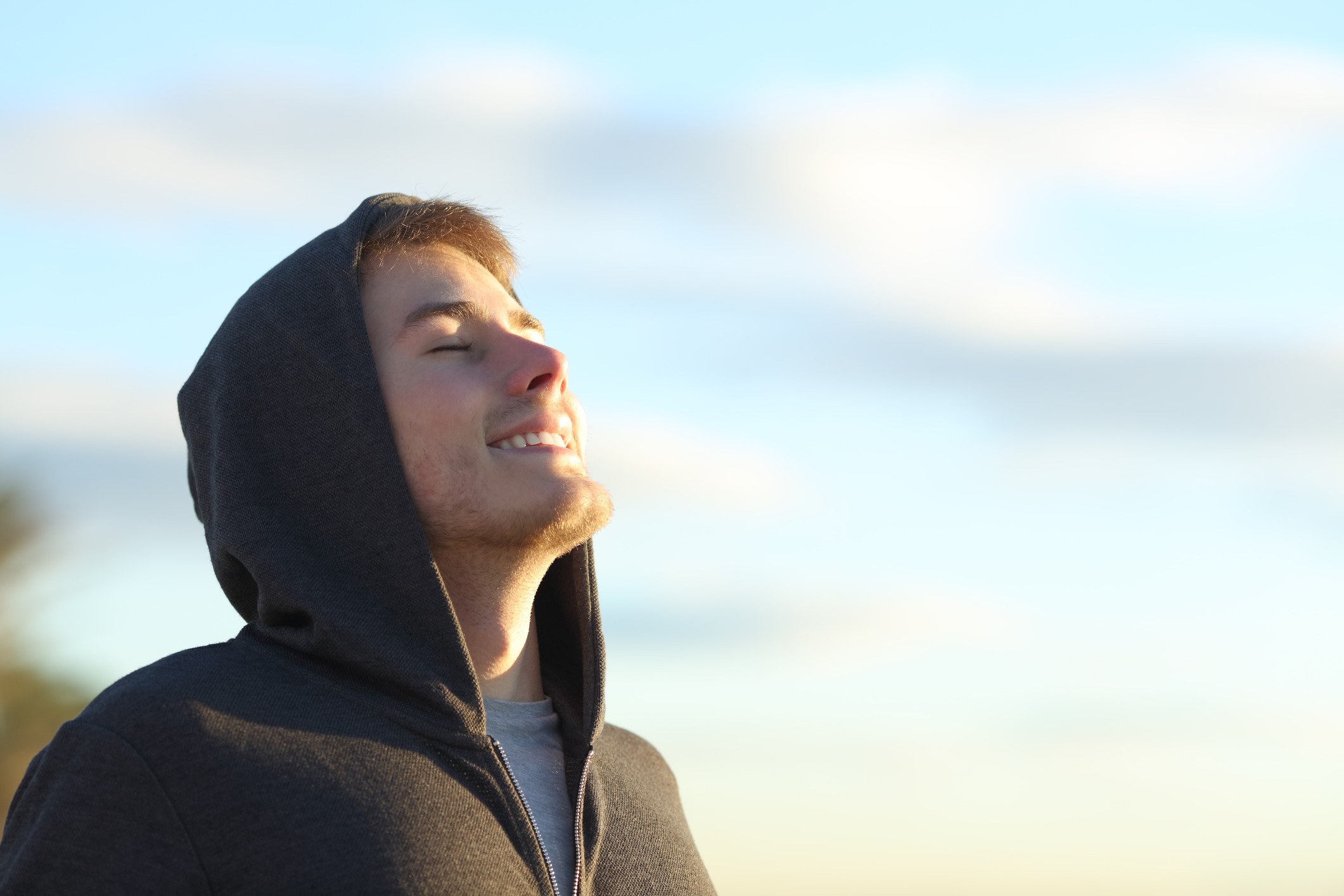EMBRACING VULNERABILITY
For many of us, to be vulnerable means to be weak, fearful, hurt and open to betrayal. In western culture we’ve been raised that it’s not polite, or socially acceptable, to display our emotions and pain. As a consequence,
Our society is full of adults that hold, suppress and avoid expressing their emotions and don’t know how to be vulnerable
Don’t get me wrong, this is not done intentionally. These are patterns of behaviour we’ve adopted from childhood because these behaviours and patterns worked back then and made sense to our young minds.
But, look around us. There are so many people in pain. Anxiety, stress, grief, overwhelm, burn out, trauma, addictions, sadness, guilt, shame, anger and more.
There are so many more people who are devoid of expressing emotion, who are numb, disconnected, misunderstood, lonely and suffering in silence.
So, why is this so important? It’s important because vulnerability is the pathway to emotional intimacy and connection.
When we shut off our pain and vulnerability, we shut off the path to emotional intimacy, with our partner, our family and our friends.

We shut off that true feeling of being understood, worthwhile, loved and belonging.
My experience with vulnerability began at a young age. Like most of us, I learnt very early that it wasn’t okay to express anger. In fact, I vividly recall from grade 1 an episode where my teacher punished me because I swore.
I was a typical 7 year old adventurous kid and I’d somehow trapped my legs in a fence and hurt both my knees. I was scared, I was in pain and she was insisting I move when I physically couldn’t.
In frustration, fear and pain I swore. Then I was humiliated and mortified further by being punished and put on display in front of my whole class by having to apologise and drink soapy water to wash out my mouth.
Now the outcome here could have been totally different had I been listened to and understood. Had I been shown how to healthily express my anger, instead of being punished for it.
I also learnt very early that it wasn’t okay if I cried or was upset about something. Children were to be seen and not heard.
As a result, of my experiences, I learnt very early to shut these emotions off and not show this side of myself. That emotional expression isn’t socially acceptable behaviour.
Subconsciously we label these emotions as negative and we suppress them. I stopped myself from feeling the pain of judgement. I didn’t ‘do’ emotions like anger, and sadness.
I replaced these by simply not feeling, by being relaxed, easy going and focused on being happy and positive instead. I concluded that people like you more if you’re happy and relaxed.
Now, of course, everyone will have their own unique experiences. While I coped by shutting my emotions down, others will have gone to the other end of the spectrum and become overly emotional. Either way, the same idea stands, we learn patterns in early childhood and then carry these into adulthood with us. The challenge here is that, as adults these patterns usually no longer serve us.
Want to see & learn more?
All videos, expert interviews and more content is available on Creating Changes YouTube Channel,

